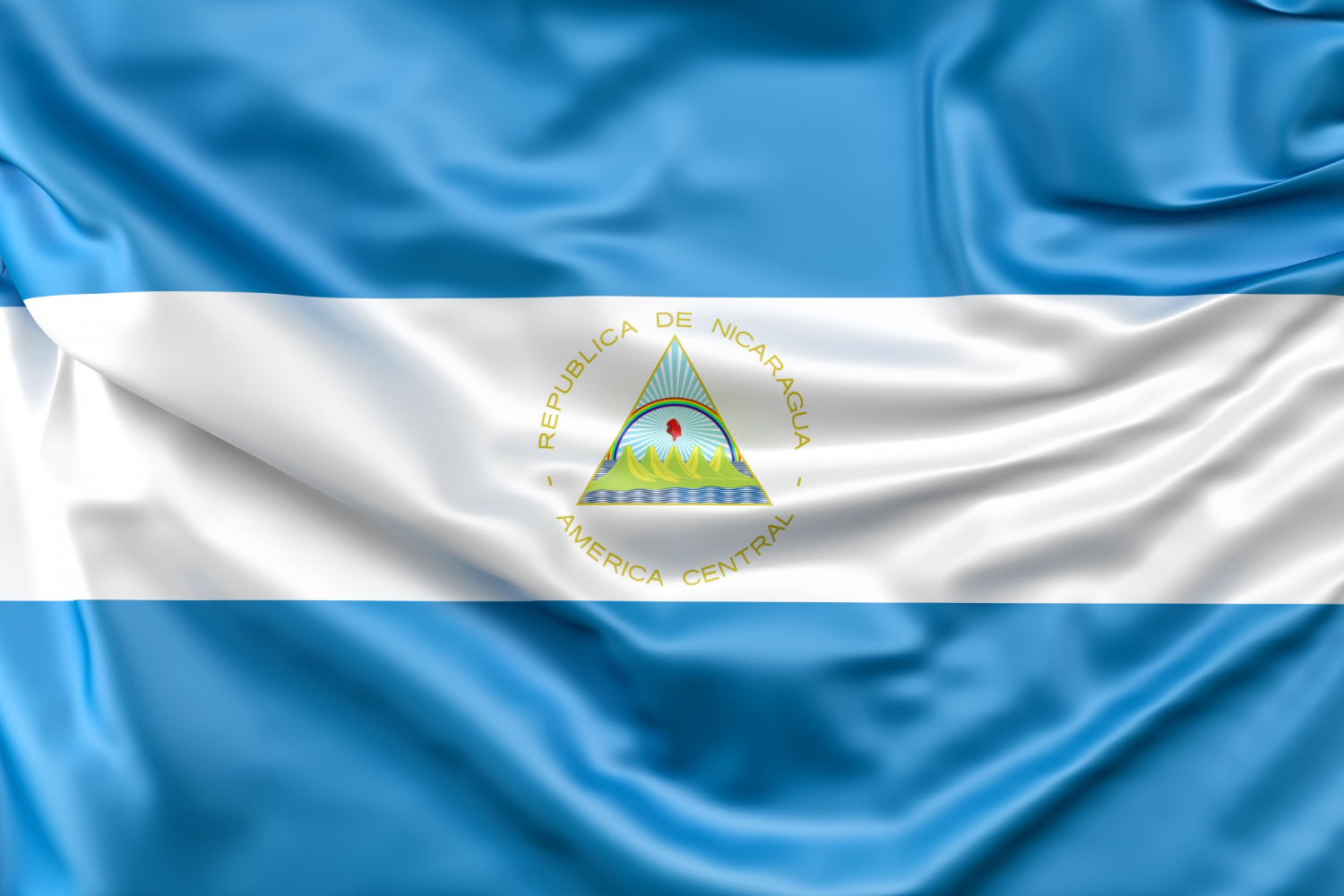If you're hiring remote workers in Nicaragua, being aware of the country's holiday schedule is crucial to maintaining productivity and managing expectations. Nicaraguans take great pride in their national and religious celebrations, and many holidays result in business closures or reduced work hours.
Some holidays have fixed dates, while others shift to create long weekends, which can impact availability. Understanding these cultural nuances can help your business operate smoothly and foster stronger relationships with your remote team.
This guide will break down Nicaragua’s holiday calendar, its impact on business, and best practices for managing your workforce effectively.
Overview of Nicaraguan Public Holidays
Nicaragua’s holidays fall into several categories:
- Fixed National Holidays – Observed on the same date each year.
- Movable Holidays – Some holidays shift to allow for extended weekends.
- Religious Holidays – Many are Catholic observances that affect business operations.
- Regional Holidays – Some holidays are only celebrated in certain regions or cities.
Key Public Holidays in Nicaragua
January 1 – New Year’s Day (Año Nuevo)
A nationwide holiday where businesses, banks, and government offices close.
February/March – Carnival (Carnaval) (Movable Date)
While not as widely celebrated as in other Latin American countries, some areas observe festivities that may affect business operations.
February/March – Ash Wednesday (Miércoles de Ceniza) (Movable Date)
Marks the beginning of Lent. Some businesses may operate on reduced schedules.
March/April – Holy Week (Semana Santa) (Movable Dates)
Good Friday is a public holiday, and many businesses shut down for the entire week, particularly in tourism-heavy areas.
May 1 – Labor Day (Día del Trabajador)
A public holiday honoring workers' rights, with most businesses and government offices closed.
July 19 – Revolution Day (Día de la Revolución)
Commemorates the Sandinista Revolution of 1979. It is a major national holiday, marked by parades and official events.
September 14 – Battle of San Jacinto (Batalla de San Jacinto)
A key historical holiday celebrating Nicaragua’s victory against U.S. filibuster William Walker’s forces in 1856.
September 15 – Independence Day (Día de la Independencia de Nicaragua)
Part of the broader Central American Independence Day celebrations, marking Nicaragua’s independence from Spain in 1821.
December 8 – Feast of the Immaculate Conception (Día de la Inmaculada Concepción)
A Catholic holiday widely observed, particularly in León and Granada, with some business closures.
December 24 – Christmas Eve (Nochebuena) & December 25 – Christmas Day (Navidad)
Most businesses close early on Christmas Eve, and Christmas Day is a full public holiday.
December 31 – New Year’s Eve (Nochevieja)
Though not an official holiday, businesses often close early to prepare for celebrations.
Regional and Local Holidays
Certain Nicaraguan cities and regions observe additional holidays that could impact business operations:
- Patron Saint Festivals – Many towns celebrate their patron saints with multi-day festivities that can affect work schedules.
- La Purísima and La Gritería – Religious events deeply rooted in Nicaraguan culture that can lead to business closures.
- Municipal Holidays – Some regions have specific civic holidays that influence business hours.
Impact on Business Operations
Public holidays in Nicaragua can affect work schedules in several ways:
- Extended Weekends – Some holidays are adjusted to create long weekends, leading to lower productivity.
- Major Religious Observances – Holy Week and Christmas see widespread business closures.
- Multiple September Holidays – Independence Day celebrations may slow business operations.
- Local Variations – Regional holidays can impact employee availability.
Best Practices for Managing Remote Teams During Holidays
To ensure smooth operations while respecting Nicaragua’s holiday schedule, consider these strategies:
- Stay Informed on Holiday Adjustments – Movable holidays may impact work schedules.
- Plan for September Disruptions – National celebrations can impact productivity.
- Respect Cultural Traditions – Acknowledging holidays builds rapport with employees.
- Communicate Holiday Schedules in Advance – Set clear expectations for availability.
- Offer Flexible Work Arrangements – Allow for asynchronous work during busy holiday periods.
- Ensure Legal Compliance – Follow labor laws regarding holiday pay and leave policies.
The Takeaway
Managing a remote workforce in Nicaragua requires awareness of the country’s diverse holiday calendar. By staying informed and planning accordingly, businesses can ensure smooth operations while fostering a positive work environment.
If you’d like to find Nicaraguan talent for your open positions, schedule a free call with us and hire your new favorite employee today.






